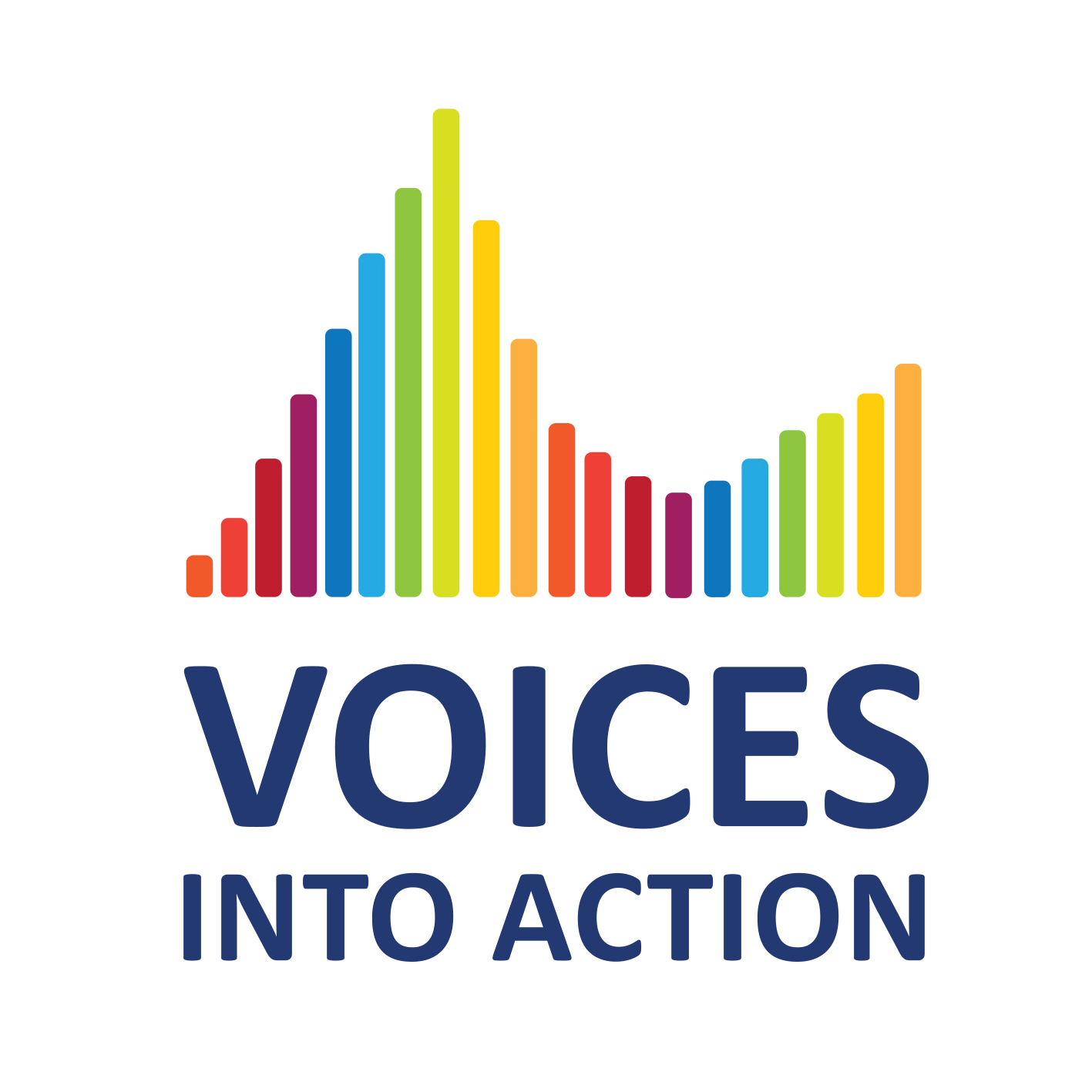Children's and families' rights
Scroll down for an overview of key international and EU policy documents about the rights and voices of children, people with disabilities and families.
International policy literature recognises the importance of listening to the voices of children and families. In 1989, policy began to move from making decisions about children, to supporting their ability to form and express views and contribute to decisions. This is now seen as one of a child’s fundamental rights.
Policy has also emphasised parents’, caregivers’ and families’ roles in defending children’s rights. Families are fundamental actors in developing and affirming young learners’ voices in educational matters. They play integral roles in listening to, respecting, supporting and conveying learner voices.
The VIA review of international policy literature concerning children’s and families’ rights led to a few key findings:
-
The right of children to be heard and considered in matters affecting them extends to all children.
-
It has taken over 30 years of policy work and improvement of school practices to move from recognising children as having agency to their effective enjoyment of this right.
-
When parents and families are involved, it is important to ensure the child’s ‘best interests’ is their main focus.
-
Families and children have the right to receive help, guidance and support from organisations and institutions in their communities.
-
Policy alignment and collaboration among stakeholders are pivotal to ensure the rights of children, parents and families.
-
Countries must commit to systematising and developing effective processes for learner and family participation and interaction.
The following table provides an overview of key international and EU policy documents covering the rights and voices of children, people with disabilities and families.
Organisation and year
Policy document
What it means for learners, people with disabilities and/or families
Recognises and respects parents’ voices when in line with the child’s best interests.
Defends parents’ rights to ensure their children’s education and teaching conform with their religion, philosophy and pedagogy, in accordance with national laws.
Underscores parents’ role in guiding and giving space to children’s right of expression. Emphasises the importance of informing, guiding and supporting parents to assist and nurture children’s growth, development and learning.
Highlights parents’ and caregivers’ primary responsibility for their child’s upbringing and development. Emphasises their fundamental role in affirming and nurturing the child’s right to participate.
-
United Nations Sustainable Development Goal 4: To ensure inclusive and equitable quality education and promote lifelong learning opportunities for all
-
Child Rights Education Toolkit (UNICEF): This toolkit provides guidance for practitioners working on child rights education in formal learning environments (early childhood education, primary and secondary schools)
-
Resources and research on the Convention on the Rights of the Child, including materials for learners, teachers, businesses, organisations and governments (UNICEF)

